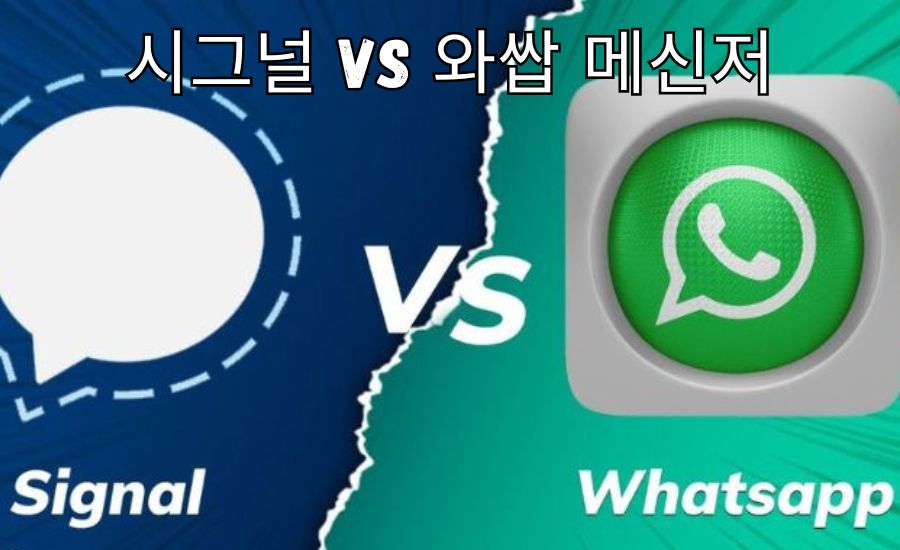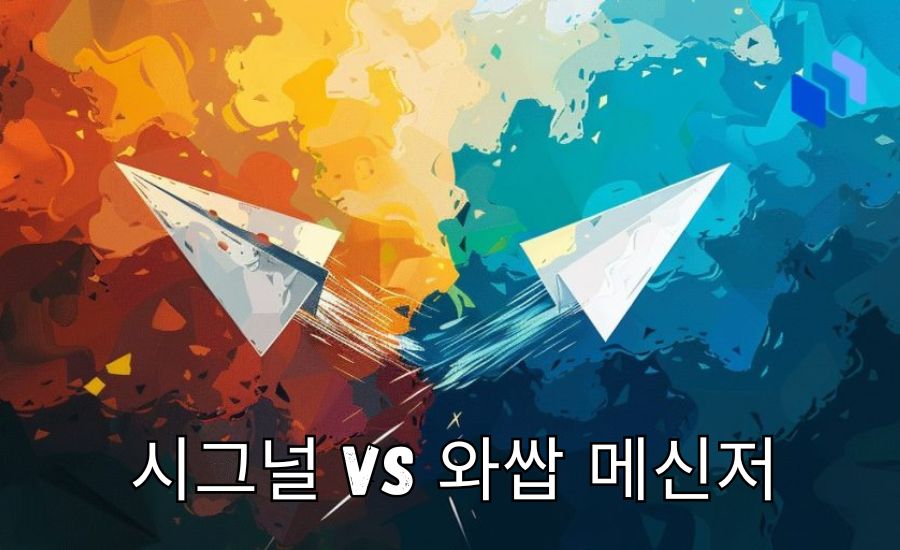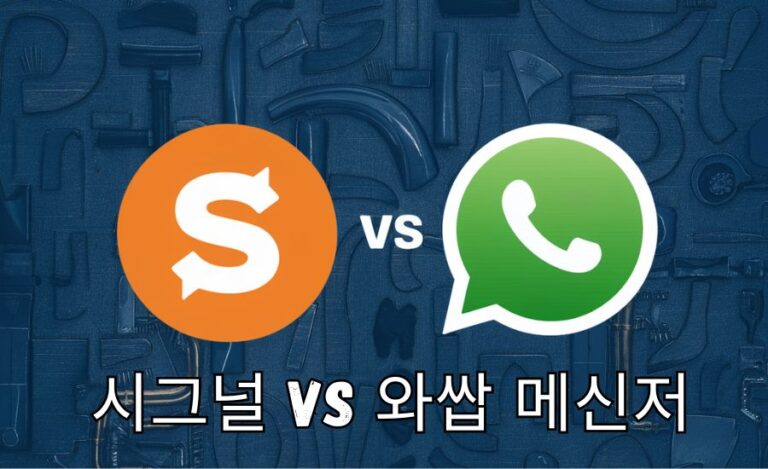In the ever-evolving landscape of digital communication, choosing the right messaging app has become crucial for both personal and professional interactions. Among the most talked-about options are Signal and WhatsApp, each boasting a significant user base and a range of features. This article aims to provide an in-depth comparison of these two popular messaging apps, focusing on privacy, features, and global impact. By the end, you’ll have a clearer understanding of which app best suits your needs.
The Evolution of Messaging Apps
The Need for Secure Communication
With increasing concerns over digital privacy and data breaches, secure messaging apps have become a necessity. Users are more aware than ever of how their personal information is used and shared. In this context, understanding the privacy policies and features of messaging apps like Signal and WhatsApp is essential. Both apps offer end-to-end encryption, but their approaches and implementations differ.
Signal: The Benchmark for Privacy
Signal is renowned for its commitment to user privacy. Developed by the non-profit Signal Foundation, the app focuses on providing a secure communication platform without commercial pressures. Here’s what sets Signal apart:
- End-to-End Encryption: Signal uses the Signal Protocol, one of the most advanced encryption methods available. This means that messages, voice calls, and video calls are encrypted, ensuring that only the intended recipients can read or listen to them.
- Minimal Data Collection: Signal collects minimal user data. The only information retained is the phone number used for registration and the last time a user connected. This minimalistic approach helps safeguard user privacy.
- Open Source: Signal’s code is open-source, which means it can be independently reviewed and audited. This transparency enhances trust among users and ensures that the app adheres to its privacy promises.
- Self-Destructing Messages: Signal offers a feature that allows messages to disappear after a specified time, adding an extra layer of privacy.
WhatsApp: Balancing Privacy and Usability

WhatsApp, owned by Meta (formerly Facebook), is widely used around the world. While it also offers end-to-end encryption, its approach to privacy is different from Signal’s. Here’s an overview of WhatsApp’s privacy features:
- End-to-End Encryption: Like Signal, WhatsApp employs end-to-end encryption for messages and calls. However, this encryption only protects the content of communications from external access.
- Data Collection Practices: WhatsApp collects more metadata compared to Signal. This includes user interaction patterns, device information, and usage statistics. Concerns have been raised about how this data is used, especially given WhatsApp’s association with Meta.
- Limited Transparency: Unlike Signal, WhatsApp’s source code is not open-source, which limits independent scrutiny of its security practices.
- Privacy Policy Changes: In 2021, WhatsApp’s attempt to update its privacy policy led to significant backlash. Users were concerned about data sharing with Facebook, highlighting ongoing privacy concerns.
Feature Comparison: Signal vs WhatsApp
Signal’s Key Features
Signal is designed with privacy and security as its core focus. Here are some of its standout features:
- Vanishing Messages: Users can set a timer for messages to disappear after a certain period, ensuring sensitive information is not permanently stored.
- Screen Security: Signal prevents screenshots of conversations, adding an additional layer of protection.
- Note to Self: This feature allows users to create personal notes within the app, making it a handy tool for reminders.
- Relay Calls: Signal routes calls through its servers to obscure users’ IP addresses, enhancing anonymity during voice and video calls.
- No Ads or Tracking: Signal does not display ads or track user behavior for marketing purposes, aligning with its privacy-centric mission.
WhatsApp’s Key Features
WhatsApp offers a wide range of functionalities that cater to various user needs:
- Voice and Video Calls: WhatsApp supports clear voice and video calls with up to 32 participants, making it versatile for both personal and professional use.
- Status Updates: Users can post text, photos, videos, and GIFs as status updates that disappear after 24 hours.
- WhatsApp Web: This feature allows users to access and manage their messages from a web browser, extending the app’s functionality to computers.
- Group Chats: WhatsApp supports large group chats with up to 1,024 participants, ideal for extensive social or professional networks.
- Media Sharing: Users can share large files, including videos and documents up to 2GB in size.
- Payment Service: In certain regions, WhatsApp offers peer-to-peer payment services, allowing users to send and receive money.
Read Also: Semanticlast-com
Global Impact: How Signal and WhatsApp Shape Communication

Signal: A Preferred Choice for Privacy Advocates
Signal is popular among users who prioritize security and privacy. It has become a go-to platform for activists, journalists, and individuals in countries with stringent censorship. Signal’s strong privacy protections make it an essential tool for secure communication in sensitive situations.
WhatsApp: Connecting Billions Across the Globe
WhatsApp boasts over 2 billion users globally and is particularly prevalent in regions like India, Brazil, and Europe. Its broad feature set and integration with Meta’s ecosystem contribute to its widespread adoption. Despite its advantages, WhatsApp’s extensive data collection and association with a large corporation have attracted criticism and regulatory scrutiny.
Conclusion: Choosing the Right Messenger
When deciding between 시그널 vs 와쌉 메신저 (Signal vs WhatsApp), your choice will depend on your priorities. If privacy and security are your top concerns, Signal offers robust encryption, minimal data collection, and privacy-focused features. On the other hand, if you value a feature-rich app with broad functionality and global reach, WhatsApp might be a better fit despite its privacy issues.
Both Signal and WhatsApp have unique strengths and cater to different user needs. By understanding the key differences between these two apps, you can make an informed decision that aligns with your communication preferences and privacy requirements.
FAQs on 시그널 vs 와쌉
Q: Which is More Secure: Signal or WhatsApp?
A: Signal is generally considered more secure due to its minimal data collection and advanced encryption methods. While WhatsApp also uses end-to-end encryption, it collects more metadata, which can raise privacy concerns.
Q: Can I Use Both Signal and WhatsApp on the Same Device?
A: Yes, you can use both Signal and WhatsApp on the same device without any issues. The apps operate independently of each other.
Q: Is Signal Free Like WhatsApp?
A: Yes, Signal is free to use and is supported by donations and grants. It does not have commercial pressures like WhatsApp, which is owned by a for-profit company.
Stay informed with the latest news and updates on Dallasinsiders.com
